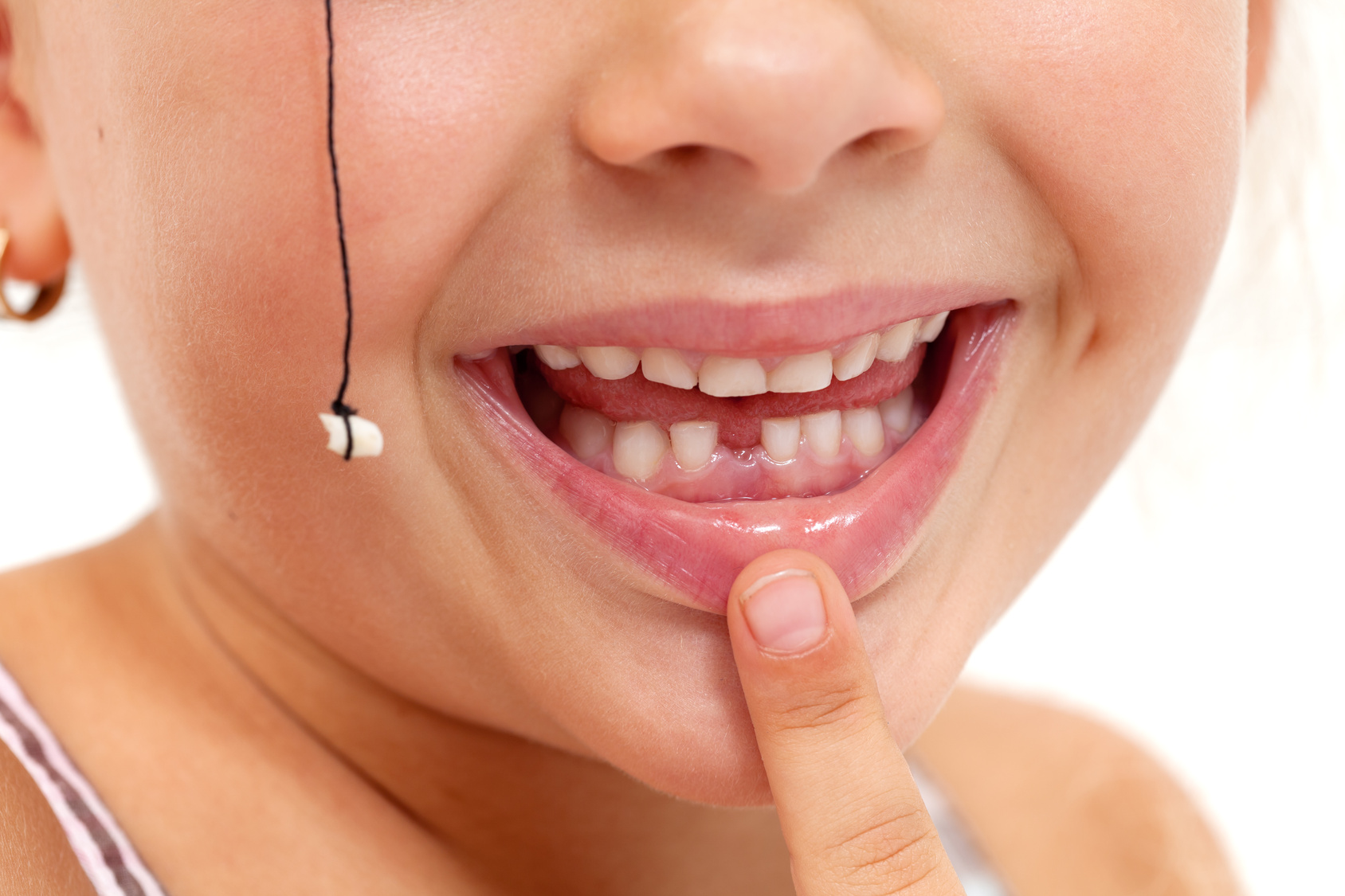
Dental Pulp Stem Cells is Something to Consider
If you’ve delivered a baby within the past decade, you’ve likely seen advertisements about the storage of umbilical cord blood and storing stem cells. While the cost of cord blood storage has not declined to make it affordable for most families, there are now additional opportunities for accessing these important stem cells. Dental pulp stem cells is one such opportunity that comes with losing baby teeth!
What is a stem cell?
Most of the body’s cells can only reproduce their own kind. For example, blood cells can make new blood cells and skin cells make new skin cells. But stem cells are different. They can grow into any kind of tissue! During fetal development, cell division is rapid. We know, however, that all of the cells in the body begin with just one cell dividing. And as a fetus grows, each of its cells starts as a stem cell and eventually grows into the kind of tissue needed to form the human body.
These beginning, early cells can grow into any type of tissue. What that means after fetal development is that these same stem cells can be used to repair or replace damaged tissue. Stem cells are being used to treat disease, injury, and the deterioration of tissue due to aging. Even as adults, we have stem cells in our body that hold amazing promise for our health.
Mesenchymal stem cells, for example, can develop into the cells supporting bone, nerve, muscle, and blood vessels. They’re able to suppress inflammation to aid in healing and they’re capable of helping tissue repair itself. And while we usually hear about stem cells related to fetal tissue and cord blood, these stem cells are found in dental pulp! Dental pulp stem cells are in their best shape at a young age, but they can remain intact throughout our lives.
Why store stem cells?
The truth is that we’re just at the beginning of understanding how stem cells can aid in regenerative medicine, so storing stem cells is predicated on the belief that this field of research will continue to grow and will offer useful therapies. Mesenchymal stem cells treatments are being studied and developed to treat conditions like type 1 diabetes, spinal cord injury, stroke, heart disease, corneal damage, and neurological diseases. The average human will encounter this type of condition at some point in their life, so storing these cells is an insurance policy against these illnesses assuming therapies and treatments will progress before you need them.
If you believe that science of this kind will progress and if you are able to store dental pulp stem cells of your children, for example, it’s conceivable that a condition they face in thirty years’ time could be treated using the cells harvested now. This means a future generation may live with a level of wellness we couldn’t have predicted. The ultimate goal is to treat age-related conditions like arthritis, dementia, and Alzheimer’s using dental pulp stem cells from a patient’s teeth that were banked when they were young.
The future of stem cell research is promising, but barriers to entry include cost and access to information. A family can spend as little as $500 initially and $100 annually to store and preserve the dental pulp stem cells of a child. Considering the potential future payoff, it’s a bargain. Considering that there’s no immediate benefit, most families aren’t investing in the process yet.
It’s easy to imagine a future where regenerative medicine is so common that storing stem cells is as automatic as blood typing and vaccinations. Until then, the choice to store stem cells is an individual one and the cost is a personal one.
From the perspective of a dentist, what’s most amazing about these advances is the tooth itself! We know how important dental health is to overall wellness and we’re amazed at the ability of the oral tissues to reveal so much about underlying medical issues. But the dental pulp stem cells within teeth are amazingly complex and such a rich resource in terms of stem cells.
Losing a baby tooth is such a normal and natural part of childhood, that we never would have guessed it’s also a chance at lifelong wellness! Those baby teeth contain fresh dental pulp and thanks to tooth storage opportunities, losing baby teeth is a second chance at storing these cells for interested families.
If you have any questions about this our dentist in Melbourne, FL can help answer those questions. Contact us today!

